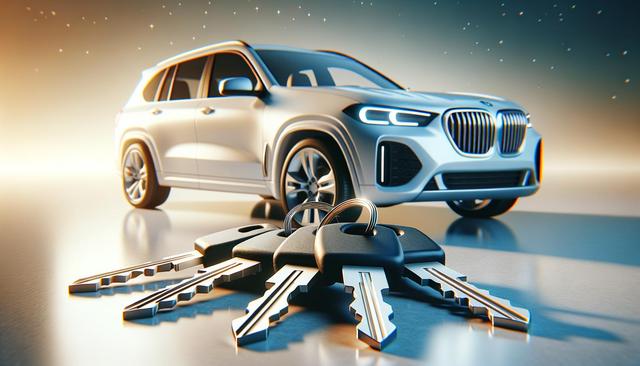Understanding the Basics of Car Leases
Car leases offer a flexible and often more affordable alternative to traditional auto financing. When you lease a vehicle, you’re essentially renting it for a predetermined period—typically two to four years—while only paying for the car’s depreciation during that time. This usually results in lower monthly payments compared to buying the car outright. For those considering a Hyundai as their next car, leasing can provide access to newer models with updated features, all without the long-term commitment of ownership.
Leasing agreements include specific terms that outline your responsibilities, including mileage limits, maintenance requirements, and wear-and-tear standards. Exceeding the mileage cap or returning the vehicle in poor condition can lead to additional charges. However, the flexibility in lease terms, especially with various mileage options, allows individuals to tailor their agreements to match their driving habits.
Why Leasing Might Be Right for You
Choosing to lease rather than buy can be a smart financial decision depending on your lifestyle and vehicle usage. If you enjoy driving newer cars and prefer having access to the latest safety and technology features, leasing makes it easier to upgrade every few years. This is especially appealing when considering a Hyundai, as newer models continue to evolve with improved performance and efficiency.
Here are a few advantages of leasing a car:
- Lower upfront costs and monthly payments
- Access to newer vehicle models more frequently
- Reduced repair costs, especially when under warranty
- Option to purchase the vehicle at the end of the lease
For many drivers, especially those with predictable driving patterns, leasing offers the right balance of affordability and modern convenience. It also allows for better budgeting, as many leases bundle routine maintenance into the monthly payment.
Evaluating Lease Terms and Mileage Options
One of the key benefits of leasing is the ability to choose terms that suit your personal driving needs. Typically, lease agreements come with mileage limits ranging from 10,000 to 15,000 miles per year, but some providers offer higher mileage options if you drive more frequently. Understanding your annual driving habits is crucial when selecting a lease to avoid extra fees at the end of the term.
Lease terms can also vary, with shorter leases offering more flexibility and longer terms potentially lowering monthly payments. When considering a Hyundai, evaluating how long you plan to keep the vehicle and how much you drive will help determine the ideal lease structure. Be sure to ask about:
- Excess mileage charges
- Early termination fees
- End-of-lease purchase options
- Inclusions like maintenance and roadside assistance
What Happens at the End of the Lease?
When your lease ends, you typically have several options. You can return the car and lease a new vehicle, purchase the leased car for a predetermined price, or simply return it and walk away. If you’ve taken good care of the vehicle and stayed within the mileage limits, the process is usually straightforward.
Deciding what to do at the end of the lease depends on your satisfaction with the vehicle and your future needs. If you’re happy with the Hyundai and its performance, purchasing it might make sense. On the other hand, leasing a new model could provide more advanced features and a fresh warranty. Either way, understanding your lease agreement ahead of time helps you plan accordingly.
Making the Most of a Car Lease
To get the most value from a car lease, it’s important to understand the full scope of your agreement. This includes not only the financial terms but also your responsibilities regarding vehicle care. Staying on top of regular maintenance and avoiding excessive wear can help you avoid penalties when the lease ends.
Before signing a lease, consider the following:
- Compare lease offers for different models and terms
- Calculate your estimated annual mileage
- Read the fine print on fees and conditions
- Evaluate whether buying or leasing suits your financial goals
For those eyeing a Hyundai as their next vehicle, leasing provides an accessible entry point to drive a well-regarded, fuel-efficient car with modern amenities. With careful planning and a clear understanding of the lease structure, you can enjoy a smooth and financially sensible driving experience.
Conclusion: Is Leasing the Right Choice for You?
Leasing can be a practical solution for drivers who value flexibility, lower monthly payments, and access to newer vehicles. When considering a Hyundai, the range of models available, combined with customizable lease terms and mileage options, makes leasing an attractive option for many. By evaluating your driving habits and financial goals, you can determine whether leasing aligns with your needs and lifestyle. Whether you’re new to leasing or exploring it as an alternative to buying, taking the time to understand the process ensures a more informed and rewarding decision.




Leave a Reply